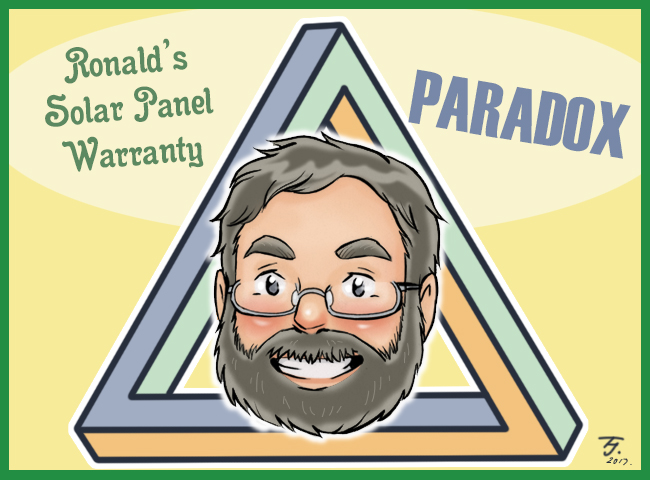
Presenting “Ronald’s Solar Panel Warranty Paradox™ “. Or what happens when you spend too much time thinking about solar panels and not enough time playing Dungeons & Dragons.
Why Solar Panel Warranties Are Less Important Than You May Think
I’ve written one or two blog articles over the years and if you’ve happen to have seen them, you may have noticed I have a thing about solar panel warranties. Specifically, I like ’em long. The longer the better. It’s a little peccadillo of mine. Because of my predilection for impressive warranties you could, quite understandably, reach the erroneous conclusion that I think a good solar panel warranty is a valuable thing for a household to have. But this is not the case. I think for all practical purposes most solar panel warranties will be almost worthless. [Read more…]


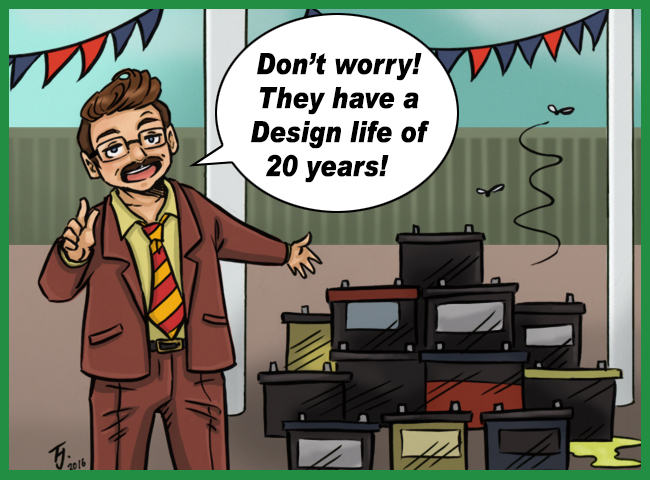

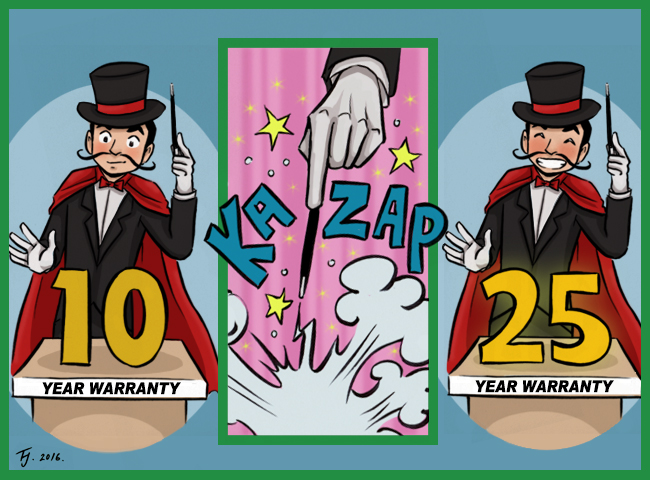
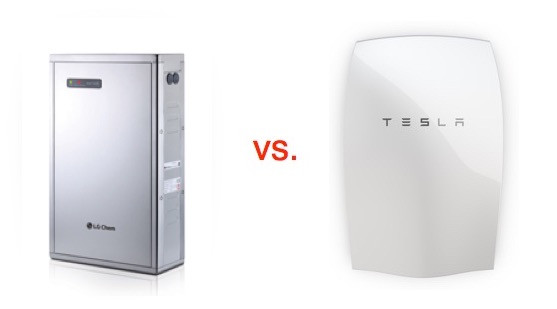
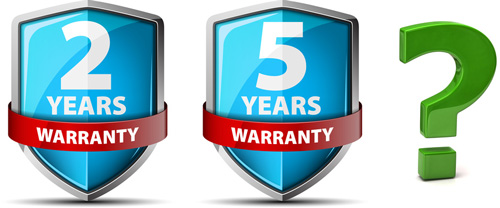
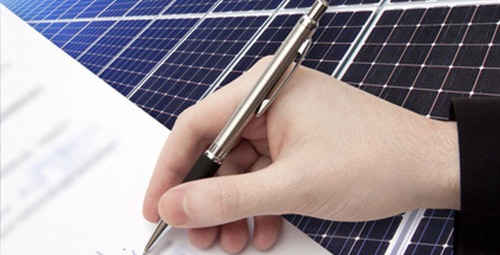
 RSS - Posts
RSS - Posts



Currently Raging Debates: